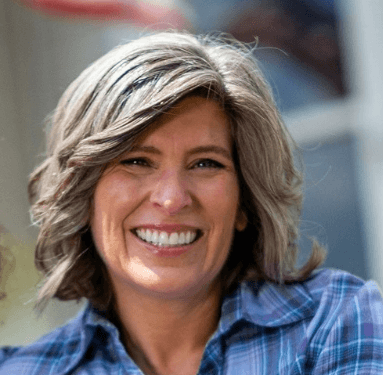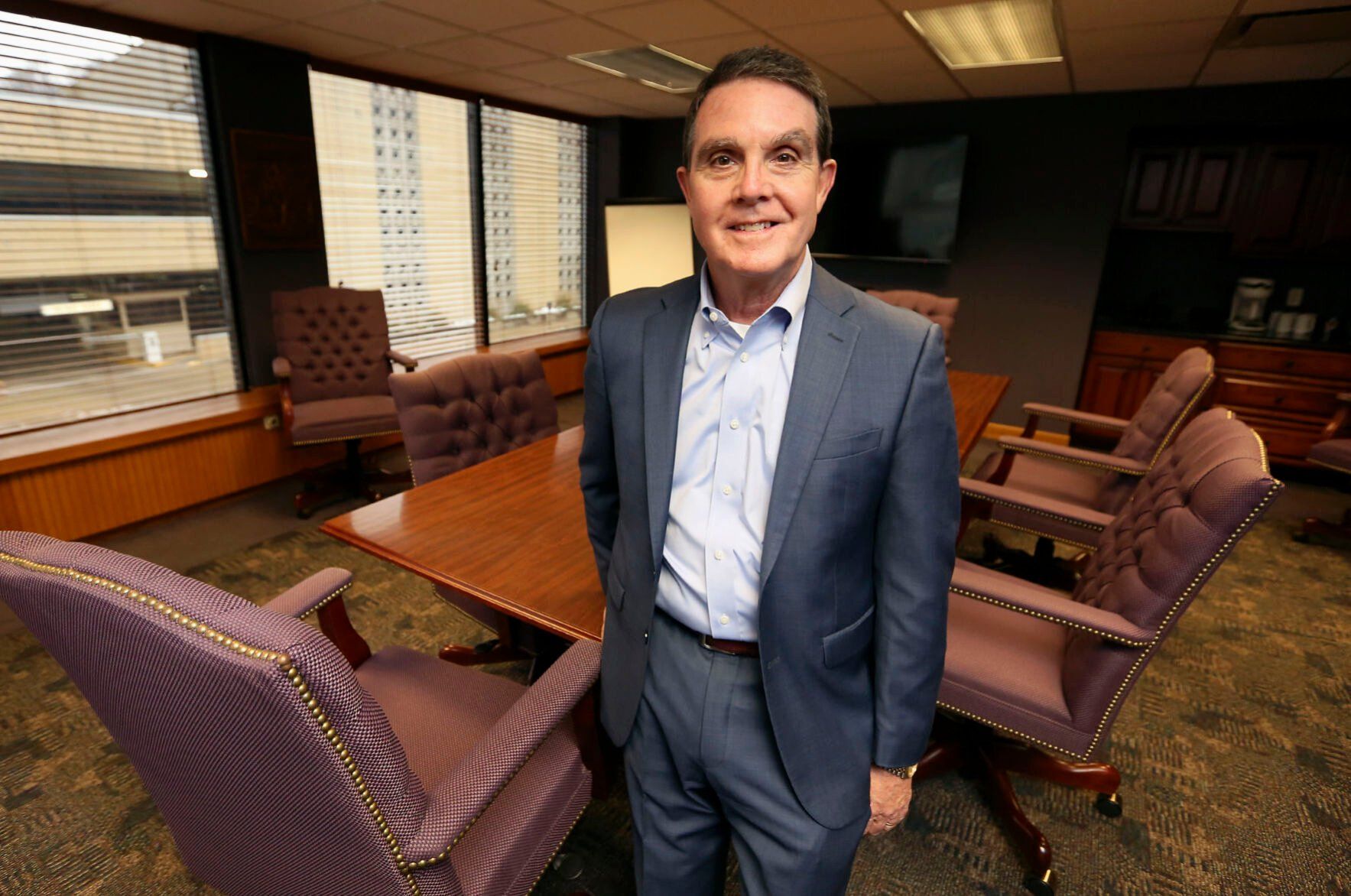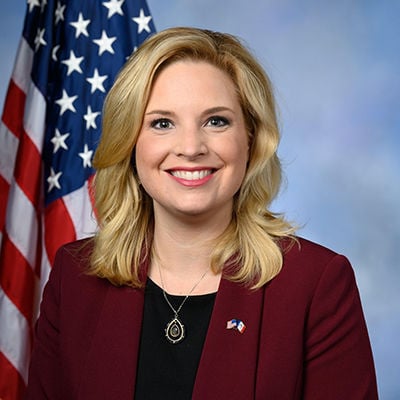In discussions with Dubuque County business leaders this week, eastern Iowa’s congressional delegation promoted the possibility of the county drawing refugees from Ukraine and discussed how such a move potentially could impact workforce.
The conversation was part of the Dubuque Area Chamber of Commerce’s D.C. Fly-In, completed virtually again this year due to the COVID-19 pandemic. Pre-pandemic, these discussions would be held in Washington, with a large group of chamber members in the same room as federal lawmakers.
U.S. Sen. Joni Ernst, R-Iowa, has some close connections to Ukrainian citizens being impacted by Russia’s invasion. She recently visited Poland, where she spoke to refugees who recently arrived there from Ukraine. But she also has a close friend in Ukraine, whom she met through an agricultural student exchange in the early 1990s.
“Her city is being shelled. The rockets are coming in from Crimea, from the Russians,” Ernst told the chamber members this week. “She and her coworkers have set up their school as a refugee center, but it’s gotten to a point that her superiors don’t believe they’ll be safe there. So, they are trying to move the refugees farther to the west.”
Ernst said she would support Iowa welcoming any Ukrainian refugees it could.
“They would be a tremendous part of our workforce,” she said. “We have found that with the Afghans who came into Iowa as well. They just have to have their work permits, and they’re ready to go.”
Potentially attracting refugees was a big discussion point for the chamber during the call.
Executive Committee Chair Scott DeSousa, of The Friedman Group, asked for any financial help that lawmakers could provide in attracting refugees to Dubuque County.
U.S. Sen. Chuck Grassley, R-Iowa, said federal funding likely would not come directly through government sources.
“There are some federal funds involved, but they don’t go to state governments,” he said. “They go to nonprofit organizations.”
DeSousa said chamber members had concerns that those resources would be insufficient.
“Funding is often inadequate for organizations to coordinate refugee resettlement on a local basis,” he said.
Ernst said her office works regularly on immigration and refugee issues, and she offered her staff’s help.
“If you’re interested in being a community sponsoring refugees, we would want to know that,” she said. “We will find out through the White House and the State Department what their plans are.”
Ernst added that many refugees might not be long-term residents — and, therefore, workers — wherever they land.
“Most of them wish to return to Ukraine at some point,” she said of the refugees she met in Poland. “They left their husbands, their fathers behind. So they don’t want to go too far because they believe they will win. But for those who want to leave, who maybe don’t have anything remaining at home, if there are ways to find them paths into Iowa, I would want to do that.”
That would mean some advance work done in communities ahead of the arrival of refugees, Ernst said.
“We do want to make sure that if we do receive them in Iowa, they have the supports necessary,” she said. “We ran into some of that issue with the Afghans — making sure if they come to Iowa, we can find homes for them, provide for them as they’re working their way into the workplace and getting their children into schools.”
U.S. Rep. Ashley Hinson, R-Iowa, said she had a unique perspective on the refugee issue, as she was working with constituents set to adopt children orphaned by Russia’s invasion of Ukraine, helping them track the children’s progress west.
“We have written a letter to the State Department to make sure that process is expedited,” she said. “My main goal was getting as many kids, specifically, to safety.”
Immigration policy reform in general is a priority of the Dubuque area chamber as it works to address ongoing workplace woes.
“Immigration is going to be key in helping American business meet future workforce needs,” DeSousa said.
Hinson said she hears calls from constituents for raising caps on guest work visas.
“There is a great opportunity there for us to capitalize,” she said. “Focusing on those programs and how we can maximize those going forward — in an efficient and legal way — will help us with some of our workforce challenges as well.”




